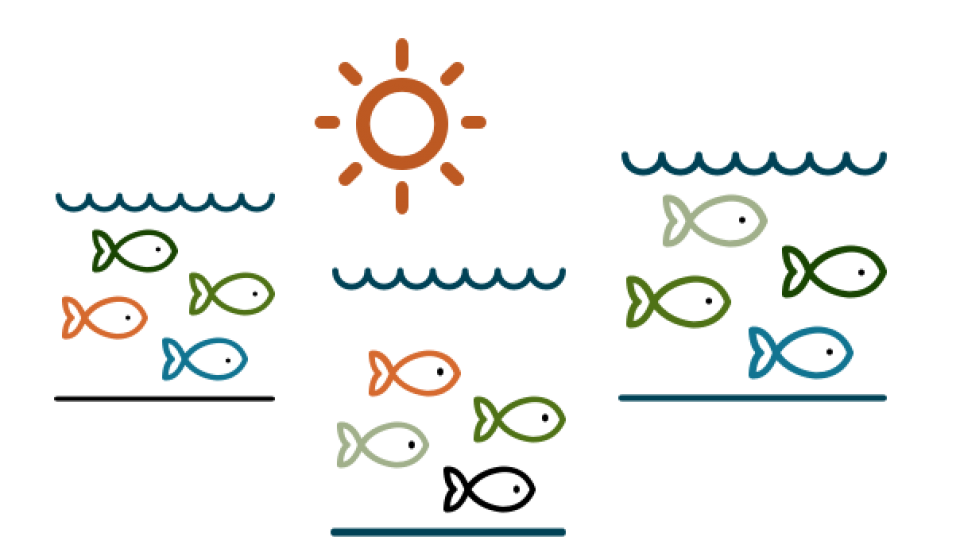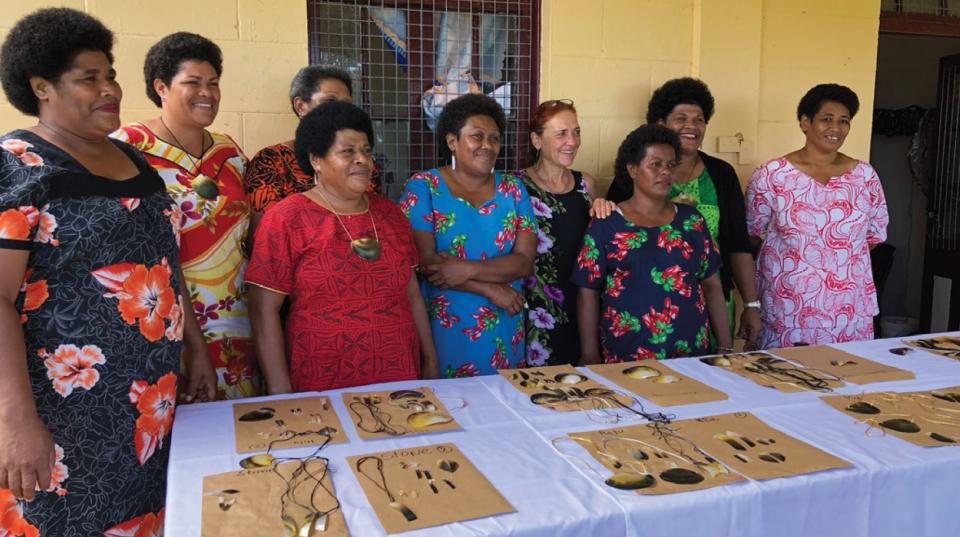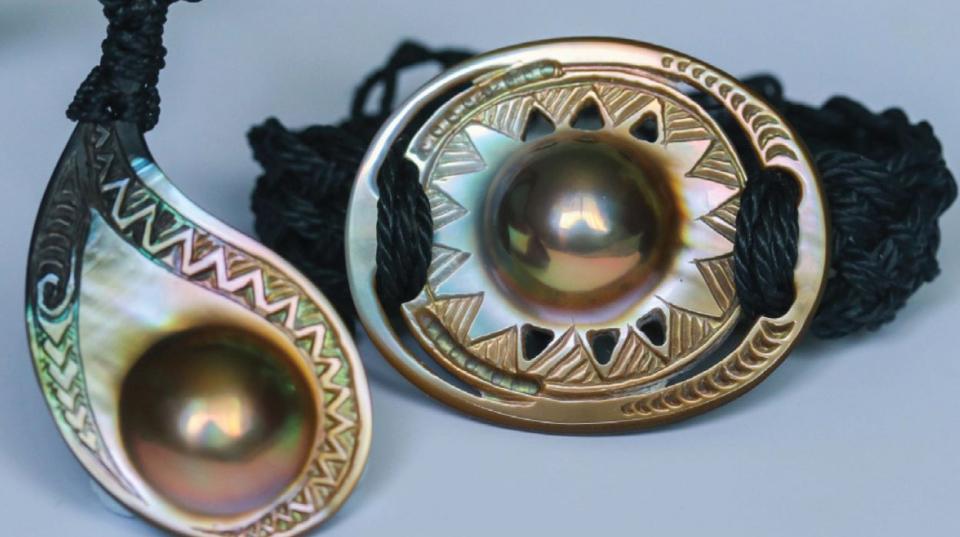Overview
This project aimed to gather data on socio-economic impacts emerging from pearl-related livelihood activities in Fiji and Tonga, particularly for women and youth.
This project included an evaluation and impact assessment of two ACIAR funded aquaculture half-pearl (mabé) livelihood projects in Tonga and Fiji between 2018 and 2020. The purpose of the study was to extend an understanding of the social, economic and gendered impacts resulting from projects:
- FIS/2014/060 Developing pearl-based livelihoods in the western Pacific (2015-2021) (only the Fiji component was evaluated).
- FIS/2016/126 Half-pearl (mabé) industry development in Tonga and Vietnam (2016-2021) (only the Tonga component was evaluated).
These projects aimed to increase livelihood and socio-economic opportunities from mabé pearl culture and handicrafts and support the further expansion of community-based pearl farming in the Pacific. ACIAR-funded research has addressed spat and mabé culture (Fiji), hatchery techniques (Tonga) and provided extensive training and capacity development to partners in Ministries of Fisheries, spat and mabé farmers and mother-of-pearl (MOP) handicraft makers on production techniques.
Project outcomes
- Monitoring and assessing socio-economic and livelihood benefits for men, women, and youth.
- Examining the involvement of youth in pearl-related livelihood activities in Tonga and Fiji.
- Building capacity for participatory monitoring and evaluation among partners.






